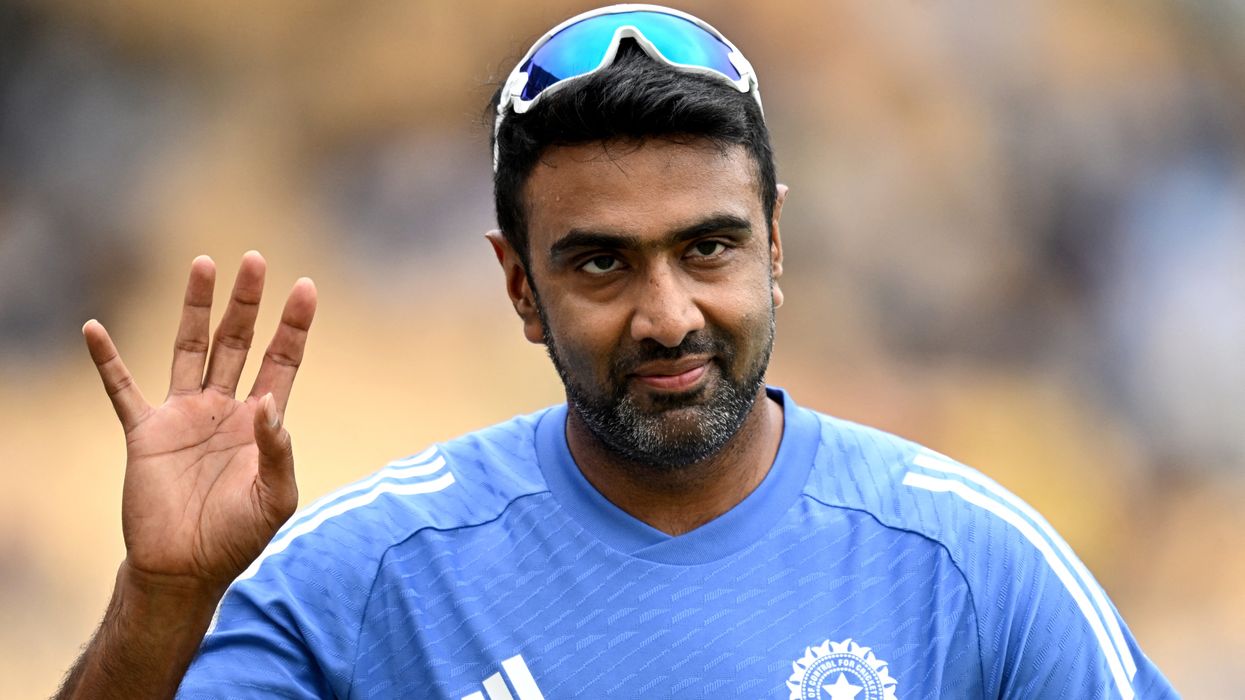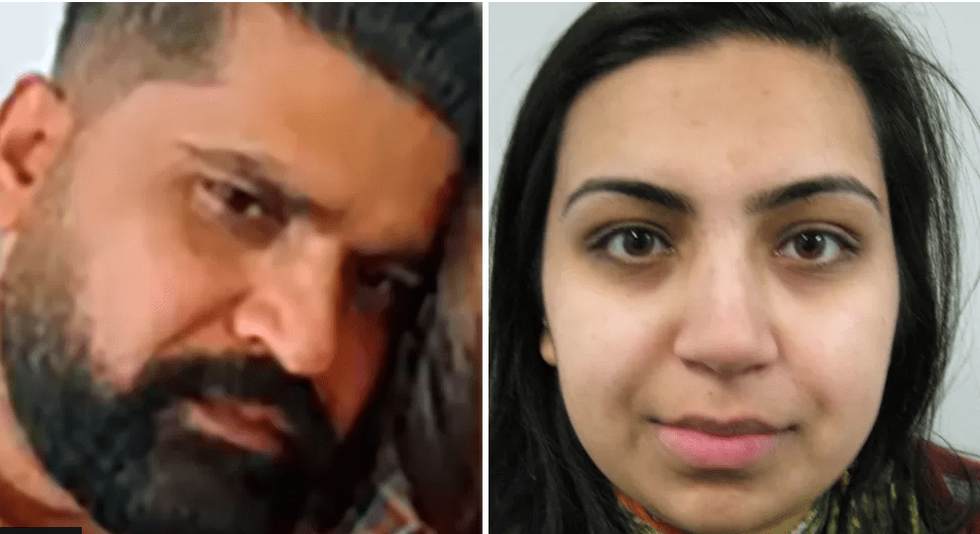By Amit Roy
THIS slight to the British Indian army and to Commonwealth soldiers in general might not have been intended, but when the 75th anniversary of the ‘Victory in Europe’ Day (VE Day) was commemorated on May 8 this year, the British Legion and other organisations managed to give the impression that “plucky little England”, led by Winston Churchill, had managed to win the Second World War all on its own.
To make amends, there was a bit more effort to recognise the contribution of the British Indian army as the 75th anniversary of ‘Victory over Japan’ Day (VJ Day) was marked last Saturday (15).
There was a collective amnesia about the 2.5 million Indian soldiers who enlisted for Britain from 1939-1945. They served in the North African campaign against the Germans; in Eritrea and Abyssinia against the Italians; in West Asia, Iran and Iraq; in the Far East; in Italy, where they were involved in some of the bloodiest fighting at the siege of Monte Cassino and elsewhere.
By the end of the war, 36,092 Indians were killed or missing, 64,350 were wounded and 79,489 taken prisoner.
What the Graham Layton Trust, a charity which began in a modest way but now runs “19 hospitals and 58 clinics” in Pakistan, has done is focus on the story of one man who served as a medic in Burma with the British Indian Army from 1940- 1945 – Mazhar ul-Haque Malik.
For the benefit of Eastern Eye readers, his story has been unravelled by his son, the actor Art Malik. He first came to prominence playing the character of Hari Kumar in 1984 in Granada Television’s The Jewel in the Crown, based on the Raj Quartet novels by Paul Scott.
Mazhar was born in 1920, when the British were still firmly in charge of India. The family base was in the eastern Indian state of Bihar, but Mazhar’s father, a policeman who had agreed to “take the King’s shilling”, could not afford to send his son to Patna Medical College, which Mazhar wanted to do.
So Mazhar joined the British Indian army because this guaranteed his college fees would be paid by his employers – assuming, of course, he survived.
After graduating from Patna Medical College, Mazhar migrated to the newly created state of Pakistan but found opportunities for doctors were limited. So in 1953, he decided to travel to London where he managed to get a job with Moorfields Eye Hospital. Two years later, he was joined in London by his wife, Zaibunisa, and his four sons – a daughter would be born in London in 1956.
Athar ul-Haque Malik, who was born in Bahawalpur in Pakistan on November 13, 1952 – he would later shorten his name to “Art” for professional reasons – was three at the time. At the age of 10, Athar and his brothers were sent to a Pakistani boarding school in Quetta.
It is ironic, perhaps, that Hari Kumar in The Jewel in the Crown, was depicted as not entirely at home in India after an English public school education at the mythical “Chillingbrough” school. Nor could he speak “Indian”.
Recognising that he would not make consultant in Britain, Mazhar went to Saudi Arabia in 1970 and eventually retired to Pakistan in the mid-1980s. Here, he met Graham Layton and offered him his services.
Layton, who has also served in Burma but with the Royal Engineers, settled in Pakistan where he set up a very successful construction business. Wanting to “put something back” into his spiritual home, he set up a charity – the Layton Rahmatulla Benevolent Trust – with a like-minded Pakistani friend. To raise funds in pound sterling which would go a long way in Pakistan, he established a UK arm, the Graham Layton Trust, where Art is today a trustee.
It is only after he joined the Trust that Art discovered “Abba’s” connection with the charity – for years and years, his father had been doing good by stealth. Mazhar never boasted about his charitable work. In fact, Art reveals that his father maintained a lifelong silence about his days in India, Hindi-Muslim relations – he was once given shelter by Hindu friends during communal clashes – or about Partition.
“He never expressed any opinions about it,” says Art. “I do believe that generation was (psychologically) very damaged. During the Raj, there was no light at the end of the tunnel. They felt they would always be second-class citizens. Whatever the anger and resentment or indignation, I think he parked it to the side into a box and probably marked it, ‘Do not open.’”
During the war, “he was at the front and went all the way down to Rangoon (now Yangon). He came to understand British people a little bit more because that was the first time he actually had an interaction with them.”
Later in England, his father became a fervent believer in the NHS, though he personally had hit a glass ceiling as registrar. “He was a great advocate of the NHS. He thought it was the best thing ever and couldn’t understand when no one else duplicated it.”
When Art went to Pakistan to make a documentary film about the Graham Layton Trust, he would be approached by people whose lives had been transformed by his father’s generosity.
Little by little, Art is discovering his father’s hidden history. Mazhar was proud all his children had done well, but he was understated about Art’s remarkable rise to national prominence in TV. He told his son on one occasion: “‘Ah yes, Jewel in the Crown. A lot of people are liking it.’ That was it. In there was a compliment.”
His father’s generation “had to confront the Britain which was very much white. It made no bones about the fact that it was Anglo Saxon, and a Christian country. And these are things that found their way through the generations.
“Now there are British people who have Asian heritage, who are very, very comfortable being British – they don’t see colour, they don’t even see gender.
“And I think all that is moving in the right direction.”
Art is delighted that while he starred in a drama about the British in India, BBC TV is now showing A Suitable Boy – about Indians in India. Vikram Seth’s novel was published in 1993.
He recalls: “I remember reading A Suitable Boy and thinking this makes a great, great TV series, and being told by everybody, ‘Where are the Europeans? Where is our voice?’ I thought, ‘Your voice? What are you talking about? Your voice is everywhere.’ I think (the director) Mira Nair has done a fantastic job.”



















 Sara Sharif’s father Urfan Sharif and his wife Beinash Batool (Image credit: Surrey Police)
Sara Sharif’s father Urfan Sharif and his wife Beinash Batool (Image credit: Surrey Police)